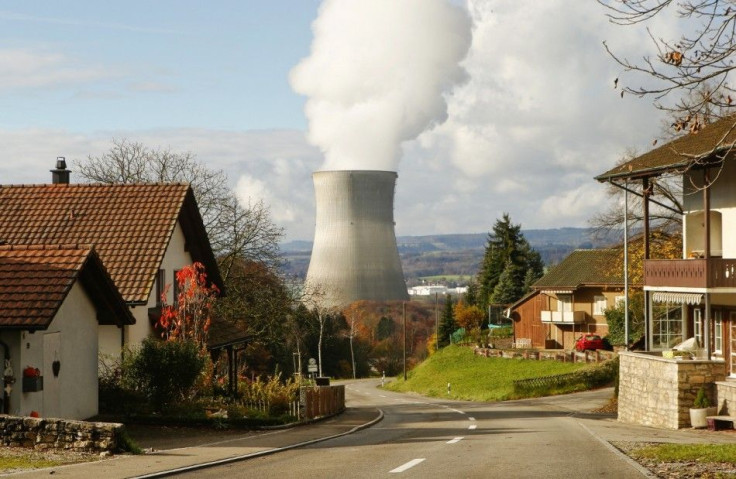US nuclear technology major Westinghouse eyes Australia’s nuclear potential: Signs MoU with many Aussie companies

Notwithstanding Australia’s stated position against nuclear power, American nuclear energy major Westinghouse Electric Co has announced a series of business associations with many Australian companies. The move surprised many, but it is also being interpreted as a prelude to Australia's impending switch over to nuclear power for meeting its rising demands of electricity.
The U.S. company signed memorandum of understanding with three Australian companies -- UGL Ltd., Saab Australia Pty Ltd., and Teralba Industries.
Important step
In a statement, Westinghouse said the MoUs will “set the stage for these companies to gain experience and skills necessary for nuclear power to be developed as a source of electricity production for Australia.”
The business association marks a definite departure from the past, considering Australia's consistent opposition to nuclear power, which is further bound by a legal statute as in the Commonwealth's Environment Protection and Biodiversity Conservation Act of 1999 that bans nuclear power generation, reports the Business Journal .
"My first take is it is brilliant on the part of Westinghouse,” commented James Conca, a columnist for Forbes.
The opposition to nuclear power is so strong in Australia that it disallows nuclear ships from entering its ports. But the most reigning argument in favor of nuclear energy in Australia is the country’s vast uranium reserves -- the main ingredient for nuclear power.
Change in sight
Within Australia, recent years have seen the idea of nuclear power attaining traction. In 2006, a company called Australian Nuclear Energy was legally registered with the aim of building the first nuclear power plant, reported the Australian. Port Augusta was suggested as the best place to start the project.
Australia’s nuclear power option is also being examined by a South Australian royal commission, which is expected to submit the findings in 2016. The nucler power option will also be influenced by factors such as the federal government's greenhouse emission reduction targets and impending retirement of so many coal-fired generators, reported The Sydney Morning Herald.
"In the next decade you have several very large coal plants that are going to need to be retired, and you're going to have to choose to build something to replace those," Westinghouse chief executive Danny Roderick said.
According to Roderick, convincing 8 percent of the Australian public which is non-committal on nuclear power would create “an overwhelming majority of people in Australia that would support a nuclear new-build.”
During his visit to Australia, Roderick held discussions with federal Environment Minister Greg Hunt, Port Adelaide member Mark Butler and senior officials at the offices of the Prime Minister, and Resources Minister Josh Frydenberg.
The CEO also highlighted Westinghouse's AP1000 nuclear plant that is risk-free and uses passive technology to safely shut down without electricity and can avoid a Fukushima-like situation. He said a plant of that type is coming up in the U.S. and similar plants are in the pipeline for the U.K, China and India.
For feedback/comments, contact the writer at feedback@ibtimes.com.au or let us know what you think below.





















